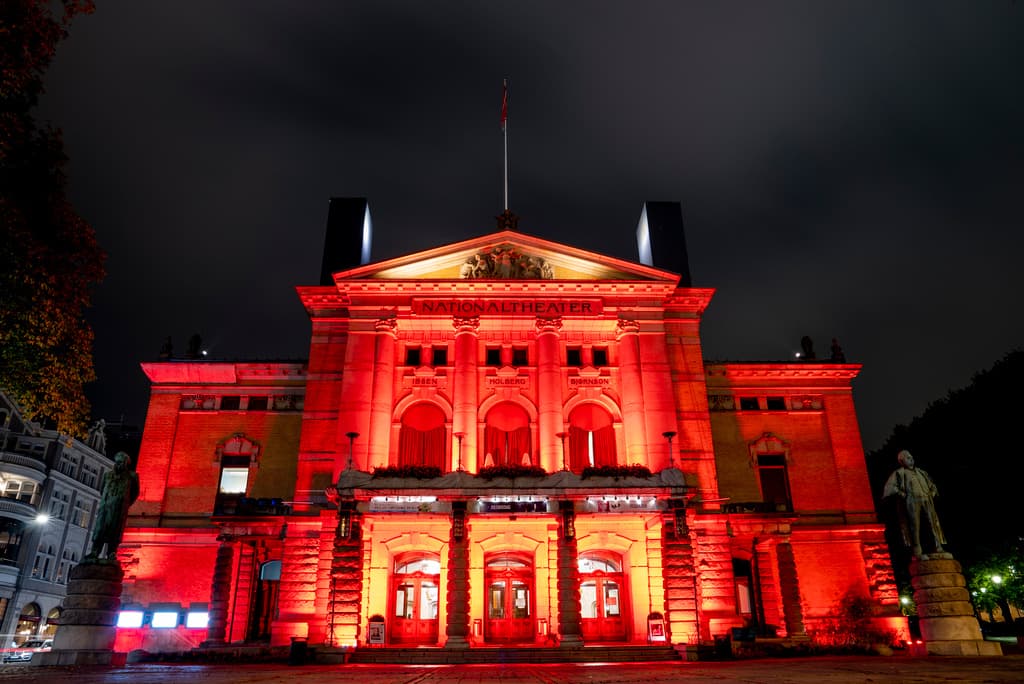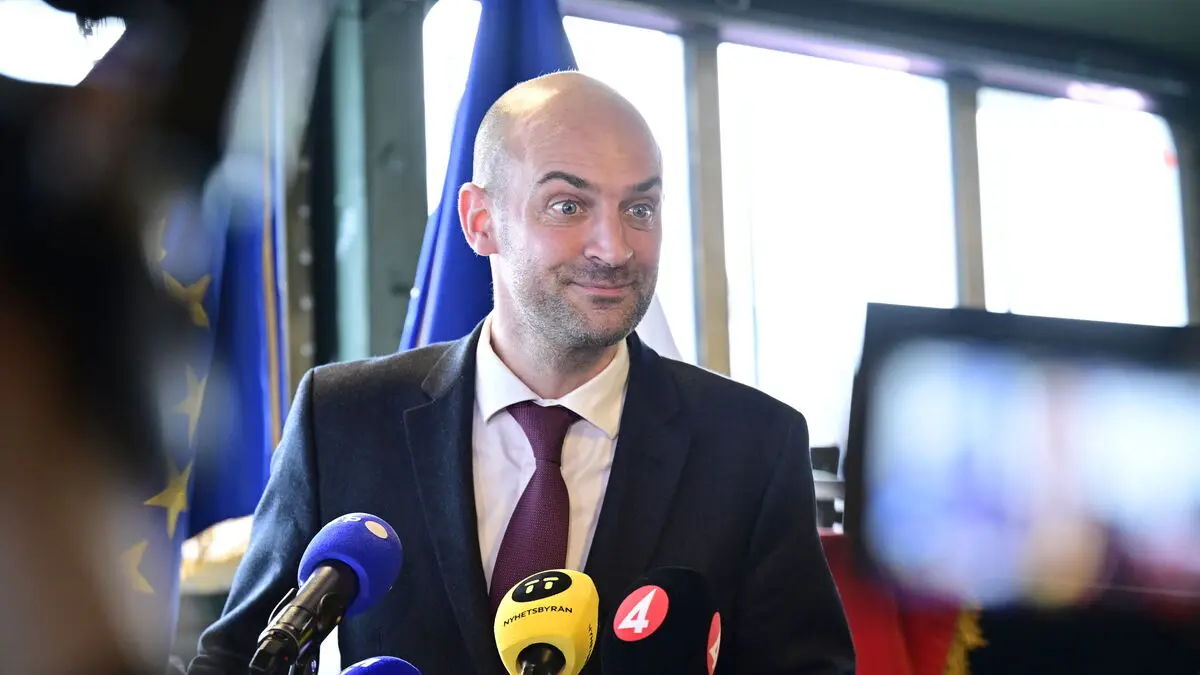Undemocratic forces use culture as a weapon, while public cultural funding decreases. Ahead of the EU election, the network Culture Action Europe asserts that cultural investments are decisive for Europe's democracy and future.
The network has 240 members in 35 countries and started a campaign with two other cultural networks, the European Cultural Foundation and Europa Nostra, to ensure that two percent of the EU's recovery fund goes to the affected cultural sector.
Ahead of the EU election, the network believes that cultural issues are being overshadowed. The EU has recently identified priority areas, such as defense, support for Ukraine, competitiveness, and resistance to cyber attacks. Culture should have a significant role even within the new political priorities, asserts Luiza Moroz.
However, cultural investments are being put on hold in many parts of Europe. Public expenditures for culture have indeed increased in absolute numbers within the EU's member states over the past decade. However, in percentage terms, financing has decreased – from 1.47 percent of the EU's total expenditures in 2019 to 1.35 percent in 2022.
Cultural issues currently being discussed in the EU include, among other things, safer employment conditions for cultural workers and artists' opportunities to protect their rights to their works against AI. Prioritized is also artistic freedom, which has become more threatened in Europe.
Facts: Current cultural issues in the EU
TTTT
The networks Culture Action Europe, European Cultural Foundation, and Europa Nostra joined forces in 2020 in #Cultural Deal EU. The campaign works for:
Better working conditions for cultural workers. In a survey by Culture Action Europe and Panteia, nearly half of all those in the cultural sectors reported having poor working conditions and low social protection.
Culture as a driver of sustainable development.
Support for Ukraine's cultural sector
Develop a new cultural strategy for the EU.
.
Culture Action Europe also works for:
Protecting artistic freedom in countries at war and conflict.
Global visibility for European artists' works.
Artists to be able to preserve their rights so that their work is not used by large tech companies to train AI.
Increased focus on decolonization processes within culture in the EU's strategy for international relations.
.
Sources: Eurostat, Cultural Deal EU, EU reports "Culture and democracy, the evidence", "Mapping the cost of non-Europe".






